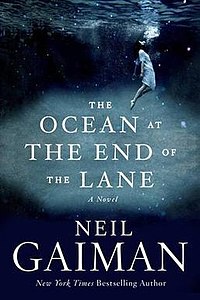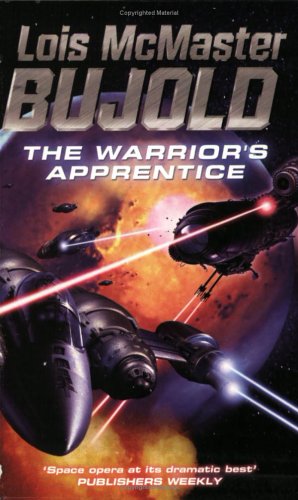I'd planned on reading A Little Life all day, but all day turned into all night and all night turned into a part of it and as a result I didn't get much actual reading done.
Early on, though, I did get to where Jude crawls into a bathtub and the next chapter shifts to Harold talking about meeting Jude, thinking about Jacob, etc and I wondered what might happen had Jude just died there and it was an immediate reaction rather than something farther off in the distance, like if it was a monologue from the recently bereaved rather than someone talking like he was at a memorial service ten years in. It'd certainly be cathartic for everyone involved; there's an end and the characters will move on, grief petering out via the process of mourning. But instead Jude lives, and his suffering lives, and the grief that he is continues to move forward, though the book, of course, isn't all gloom here, and there's joy and humor and most of all, really beautiful people. The little intimate moments between Willem, his kindness and Harold's kindness and Andy's kindness, all the things that Jude loves but cannot give into wholeheartedly due to his spiraling traumas. It's all set to burst, of course, because this is a novel and the concept of an arc demands that eventually it must be set on a downward course.
I keep thinking about Yanagihara's comment early on - I believe it was from JB's point of view, when he's sitting in the train and we get that lovely passage about light washing over the weary passengers, the immigrants going to work during that time of day, and how JB is set apart from it by his comparative wealth, the luxury of having a space separate from where he lives to do his work in. Anyway, she comments that immigrants have something unique in them, or this is something JB has mentally assigned them, and that they possessed resignation and determination in equal measure, and how this relates to the 'crew' as a whole. JB implicitly empathizes with such a thought - though his preoccupation with money makes him dismiss the concept of being like the people he observes, perhaps he's more like them that he could possibly admit; the histories of the four friends are all rife with observations regarding their foreignness, that they do no belong in the city, one a farm boy, the other a black man divorced from what he considers a black experience and culture, the third JB and the last Jude, who is Jude. This feels like a trite observation and it's too early to tell where it goes. But whatever, needless to say I'm enjoying this quite a lot.
e: I can't sleep so I read a bit more of Lydia Davis and now I can sleep, god bless her.








